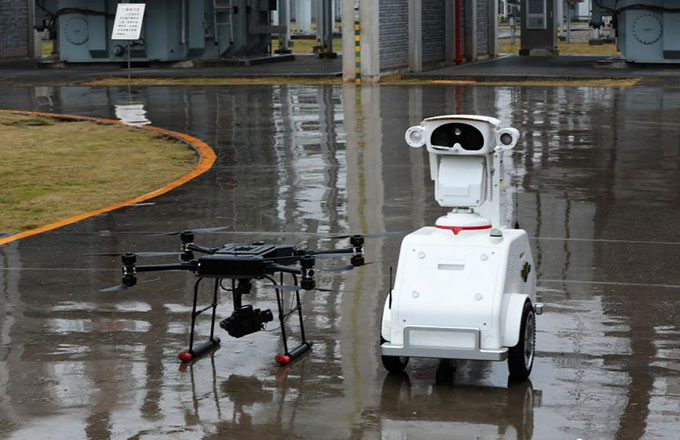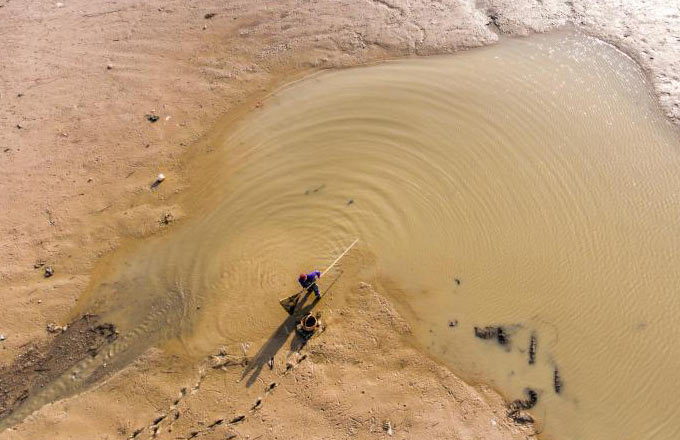China upgrades satellite navigation system
 |
|
Two third-generation Beidou satellites were lifted atop a Long March 3B carrier rocket at 7:45 pm from the Xichang Satellite Launch Center in Sichuan province on Sunday night. [Photo/Chinanews.com] |
China launched the first satellites in the third generation of its Beidou Navigation Satellite System on Sunday night in the first step of establishing a vast positioning and navigation network with global coverage.
Two third-generation Beidou satellites, the first of their type, were lifted atop a Long March 3B carrier rocket at 7:45 pm from the Xichang Satellite Launch Center in Sichuan province on Sunday night and have been placed in medium Earth orbits thousands of kilometers above the Earth.
They will be at work for at least 12 years in space, according to the China Satellite Navigation Office.
Beidou is the fourth navigation satellite system in the world, following the United States' GPS system, Russia's GLONASS and the European Union's Galileo.
Compared with previous Beidou satellites, the new-generation features better accuracy, stability and signal clarity thanks to improvements in the inter-satellite link, laser communication devices and atomic clocks. They will also have better compatibility with GPS, GLONASS and Galileo, the office said in a news release on Sunday.
Yang Changfeng, chief designer of the Beidou system, said development of the third-generation Beidou satellites started in 2009 and scientists used five Beidou satellites that were launched in 2015 and 2016 to verify technologies to be used in the third-generation models.
Xie Jun, chief engineer of the third-generation Beidou satellites at the China Academy of Space Technology, said each of the new satellites is able to operate autonomously for at least 60 consecutive days if the ground control encounters malfunctions, which is an advantage enabling the network to reduce dependence on ground stations and reduce operational costs.
So far, 27 satellites have been launched for the Beidou network, the first in 2000 and the most recent, prior to Sunday's launch, in June 2016. The system began providing positioning, navigation, timing and message services to civilian users in China and parts of the Asia-Pacific region in December 2012.




























